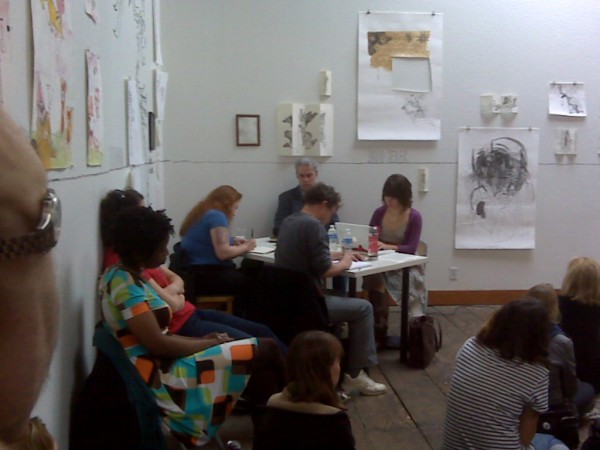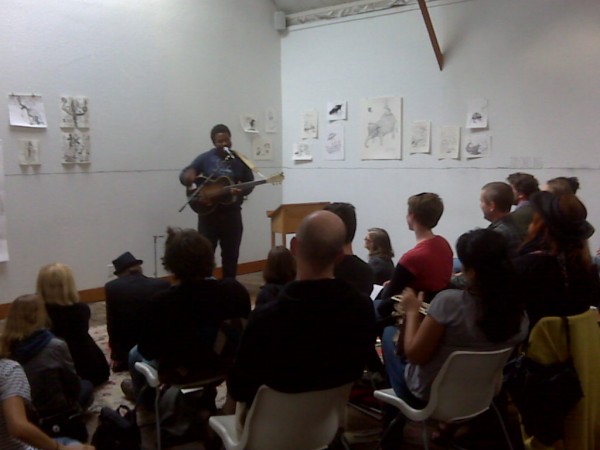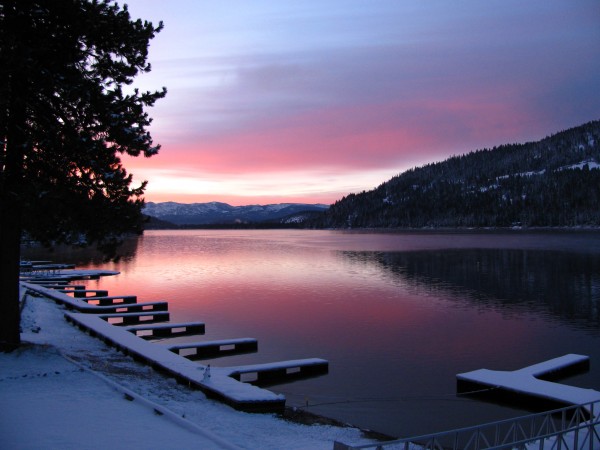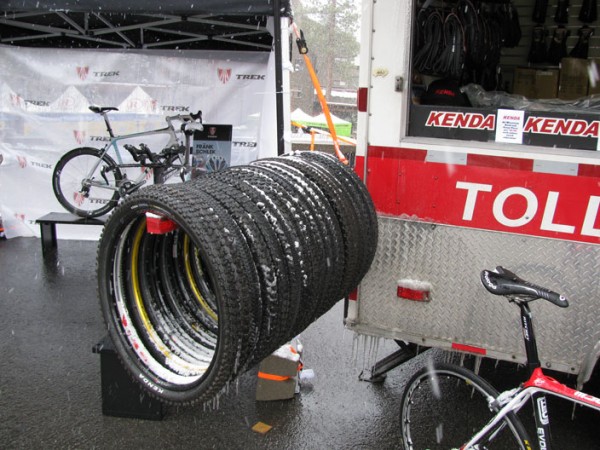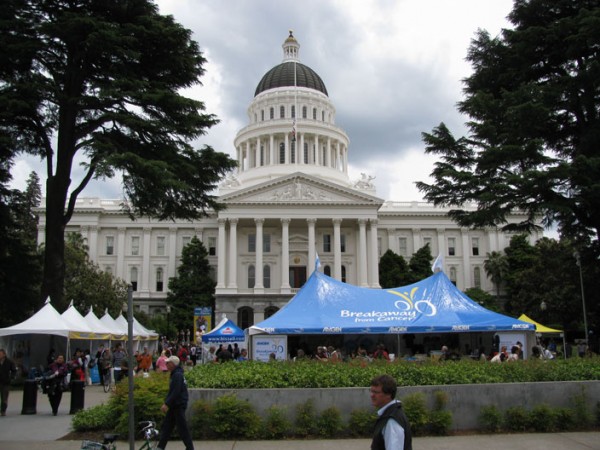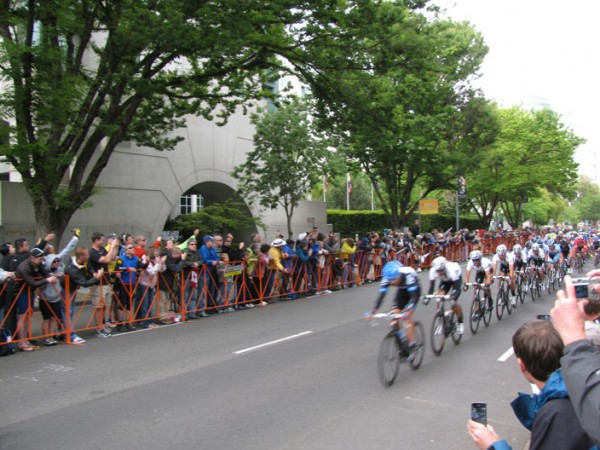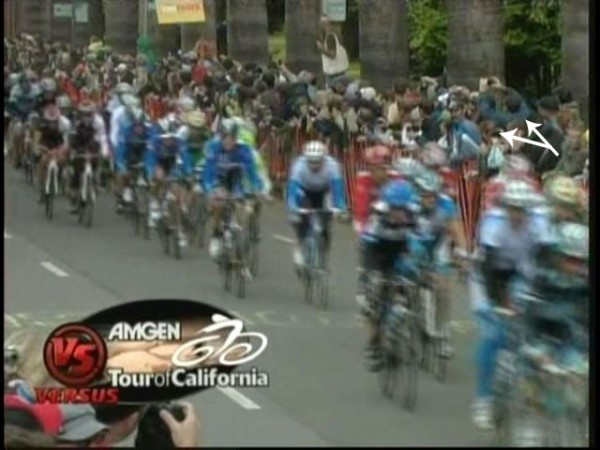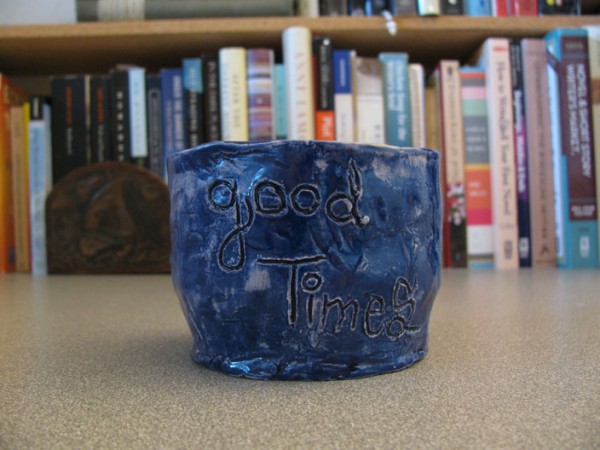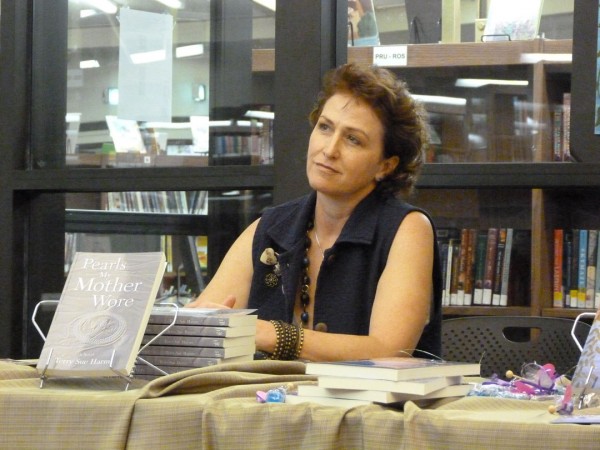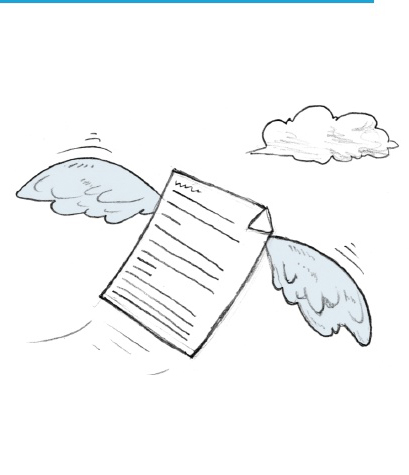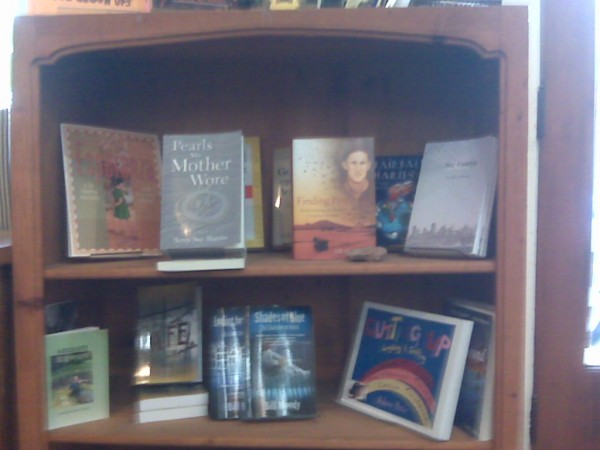I’ve never enjoyed reading a book more, that I liked less, than Mildred Pierce. Written by James M. Cain and published in 1941, this character driven novel portrays unlikable characters but with such skill that I had to take notice. Akin to the genre referred to as “hardboiled,” Mildred Pierce has enough sex and violence to qualify, but no murder. Before it started feeling formulaic, what I found most intriguing was the subtle psychological twists and developments that took place on nearly every page. Unfortunately, it became obvious that when the action was looking bleak, something positive would happen, and vice versa.
The opening scene both did and did not prepare me for what was to follow. There we observe a gentleman tending to his suburban, Glendale, CA yard in 1931; he’s pruning and bracing avocado trees, mowing the lawn, discarding the trimmings, watering the yard, returning the hose to it’s proper place, and finally surveying his work with pride. He whistled while he worked, and although his trousers were stained, “he wore them with an air.” For the unsuspecting, there was every indication that this was going to be a nice story, right? Wrong!
Inside the house, whistling all the while, the gentleman, Bert Pierce, takes a shower and puts on fresh clothes. Passing through the kitchen, he encounters his much younger wife, Mildred, who is frosting a cake. Then wham! The sniping begins. And from that point on, there isn’t a happy turn of events that isn’t countered by something heart-sinking.
The kitchen bickering reveals husband and wife had experienced a significant reversal of fortune. Bert had been a real estate developer when the market fell apart, giving this 80-year old setting a highly contemporary aspect. Timeless too was Bert’s cheating on Mildred with the less complicated neighbor lady, Mrs. Maggie Biederhof. Mildred, being nobodies fool, knows exactly what her husband is up to. We also learn that Bert and Mildred married several years before, not so much for love but because Mildred was pregnant. Mildred gets in several juicy digs during their row; one I especially enjoyed was when she offered to share a couple of her little cakes with the other woman, “…fat as she is, she must like sweets, and — here, I’ll wrap them up for her.” Bert’s retort, “How’d you like to go to hell?”
Unfaithful, jobless, and unmotivated, Bert gets the boot. Mildred is suddenly left with full responsibility to fend for herself and her two daughters — seven-year-old Ray and eleven-year-old Veda. With zero professional skills, her prospects are limited. She goes about finding a job with remarkable pluck and determination. Mildred’s resolve to escape total economic collapse is fierce. What she’s willing to put herself through, indignity after indignity, is depressing. The most penetrating agony of all is inflicted time and again by Mildred’s wickedly snide, imperious daughter, Veda.
Mildred’s daughter Ray was a sprightly, lovable, guileless child who, in another example of joy being followed by misery, dies suddenly from an unrelenting infection — years before penicillin. On the weekend preceding this tragedy, Mildred had allowed herself to be swept off her feet by a customer at the diner where she was working. With devil-may-care abandon she agreed to run off to his cabin at Lake Arrowhead. The whole time I was reading that part, I had the prickly feeling that something horrible was going to happen. She was enjoying herself way too much. I questioned whether it was my 2011 perspective that caused me to suspect Monte Beragon would turn out to be a sadistic sociopath, or if her trust was reasonable for the day. Although he was more sexually aggressive than I would be comfortable with, Mildred had no such reservations. Waiting for the other shoe to drop, it wasn’t until the delicious date was over and Mildred returned home and was confronted by Ray’s illness and subsequent death that it did.
The loss of her child leaves Mildred more subdued than devastated. Along the way, Mildred had become a homemade pie-selling queen. She had worked hard and planned well. Following Ray’s burial, that same week, to much celebration, Mildred opened her first restaurant. Completely unexpected, in one of the psychological twists, Mildred confessed to herself that she was actually grateful that, if one of her daughters had to be taken from her, it would be Ray. She knew she could not have survived without Veda.
So much could be said and has been said about the role Veda played in Mildred’s life. To me, Veda is Mildred’s alter ego. Mildred tolerates so much from this flip, contemptuous, spiteful, arrogant, manipulative, conniving child (and I could go on with the life sucking adjectives, but I won’t) because in her heart of hearts, she wanted to be her. The dynamic between mother and child, played out to the nth degree, was nothing more than a parent living vicariously through her kid.
In the end, I thought this novel was in large measure about givers and takers, but it was the author’s brilliant understanding of how self-serving each stance is that made this novel compelling. I questioned why Veda behaved so ghastly toward her mother, and why I didn’t feel sorrier for Mildred? I distilled my conclusion down to this: Mildred was all drive and no ambition. And Veda? Veda had both drive and ambition. Veda got what she wanted, while Mildred got what she got. Even though Mildred was able to achieve much, Veda understood that her mother lacked vision, and she resented it.
To that point, this novel provided me with an illuminating moment. There’s work, and then there’s hard work. There’s ambition, and then there’s vaulting ambition. Between two people, placement along those lines can definitely affect the amount of harmony or disharmony that might exist between them. I find it fascinating that I should discover a message of acceptance and non-judgment in this highly antagonistic story.
Was cringing through the sickeningly bad behavior worth my ah-ha moment? I’m not sure. I had to give the story a lot of thought before coming up with something redeeming. My first take was thick with judgment. I was better than all those nasty characters, and yippee for me. Judgment was easy, and I voted myself winning. Finding something a little less self-serving took effort. If you like complex character studies, than this is a recommend. But if you prefer a little more cosmic justice in your stories, than I’d say stay away from this one.
Have a great week, and I’ll post again next Friday.


